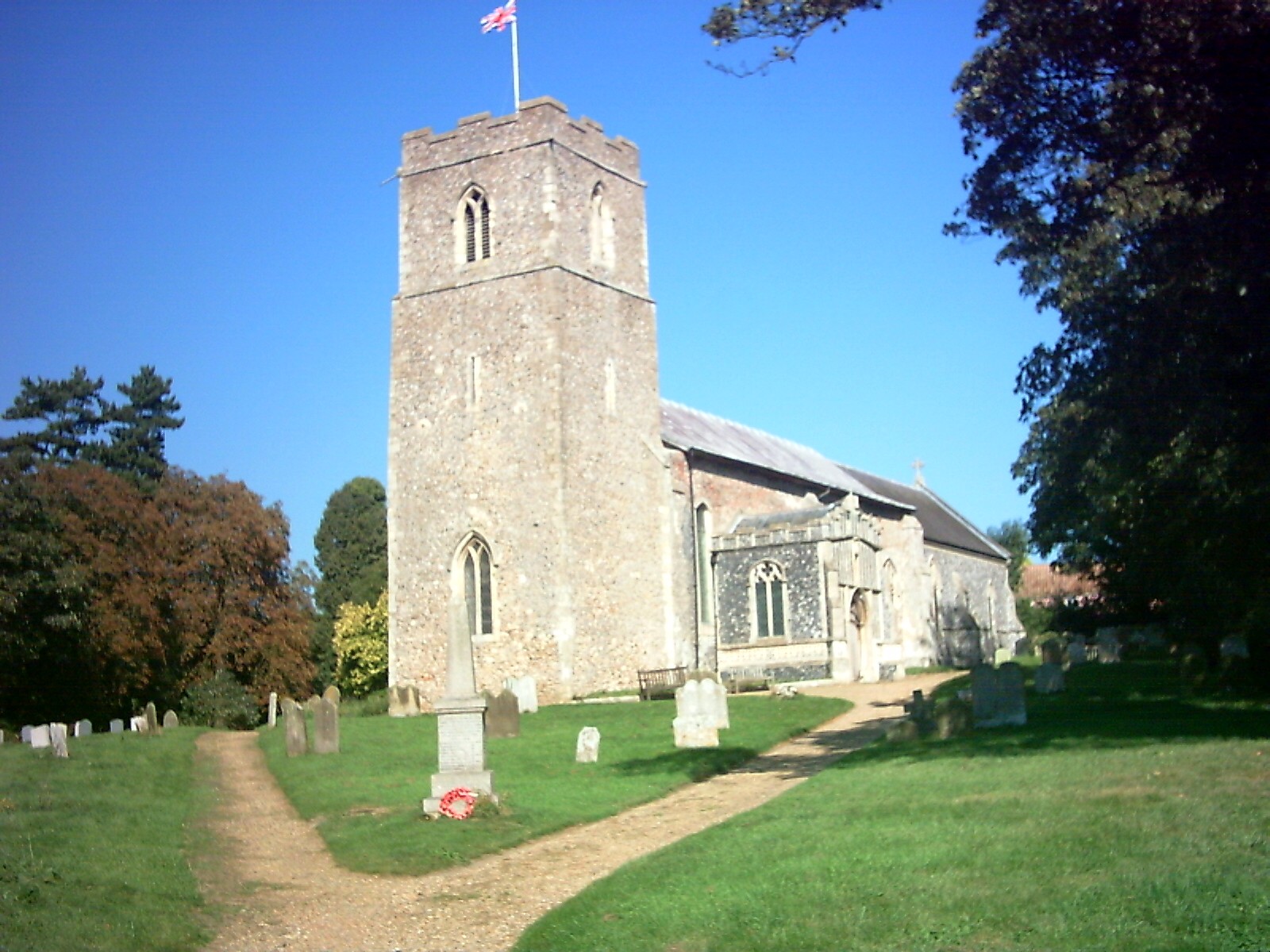I first came across the name of James Harvey (1816-1883) in the records for Childs Hill Baptist Church. Harvey lived in Hampstead and was involved in providing funds for Baptist church there and the building we still use today in Childs Hill. In 1900 his son, a C of E Vicar, wrote a little biography which I have recently been consulting. Let me tell you his story.
Part 1
 James Harvey was born in Badingham, in Suffolk (not far from Framlingham). He was the son of a farmer. He was born on May 16, 1816. Both parents were good living people if nothing more. James Harvey was the youngest of seven and the second son. He was known to the family as "Little Jems". He was educated first in the village dame school, then in Haveningham and finally in Framlingham.
James Harvey was born in Badingham, in Suffolk (not far from Framlingham). He was the son of a farmer. He was born on May 16, 1816. Both parents were good living people if nothing more. James Harvey was the youngest of seven and the second son. He was known to the family as "Little Jems". He was educated first in the village dame school, then in Haveningham and finally in Framlingham.Although his family was no doubt a good influence, sadly, the rector at the parish church (St John the Baptist, see pic) was hopeless and had no interest in teaching the way of truth. A new and better rector did come later on but by then Harvey was ready to leave for London where he was to make his fortune. His one positive experience of something better came when he was around 10 or 12 and a woman Methodist preacher came and preached on the village green.
On November 2, 1832, Harvey travelled to London on the Suffolk coach. He came to work in a warehouse at the bottom of the old Holborn Hill (where the Holborn Viaduct is now). His employer was a High Calvinist called Henry Bardwell. He dealt in woollen and cotton goods and such like, wholesale and retail. James started as a Junior assistant earning £12 per annum. That soon rose to £20 then £32 then £40. Back home his parents were in financial difficulties and he not only paid his outstanding school fees bu continued to send them help in their various needs.
After 5 years in London James became a Junior partner and then, when Mr Bardwell died in 1845, he became joint head of the company alongside his contemporary Joseph Bartrum. In this period James had saved up some £2,500 from his earnings. Bardwell also left him a thousand in his will.
Harvey's son later commented that the secret of his father's success was twofold. Firstly, James Harvey loved hard work. He had good health and did not take long holidays throughout his life. He was not obsessed with money. He was able to relax too. He liked to read "books of gristle" and liked foreign travel. He loved work for its own sake but was also driven by a strong sense of duty. The other factor was the high principles of conduct that he espoused even before he was eventually converted."Patient continuance in well doing" was his motto text often quoted (see Romans 2.7). Early on in message entitled "What traits of character are most desirable in a business man?" He spoke about these important character traits.
1. A proper degree of self-respect. Business is not all about profit and loss. Even tradesmen are capable of higher feeling.
2. Honesty. This must hold an important place. The golden law must be recognised. Honesty the best policy.
3. Persevering industry. He drew an interesting analogy from God upholding the universe to the need for business men to persevere in their task.
4. Clearness of purpose.
"Virtue and industry shall never go unrewarded" he said is one of God's laws.
Here was a very moral, church going man seeking to do what was right. However, as we shall see there was still more to learn and to experience.

No comments:
Post a Comment